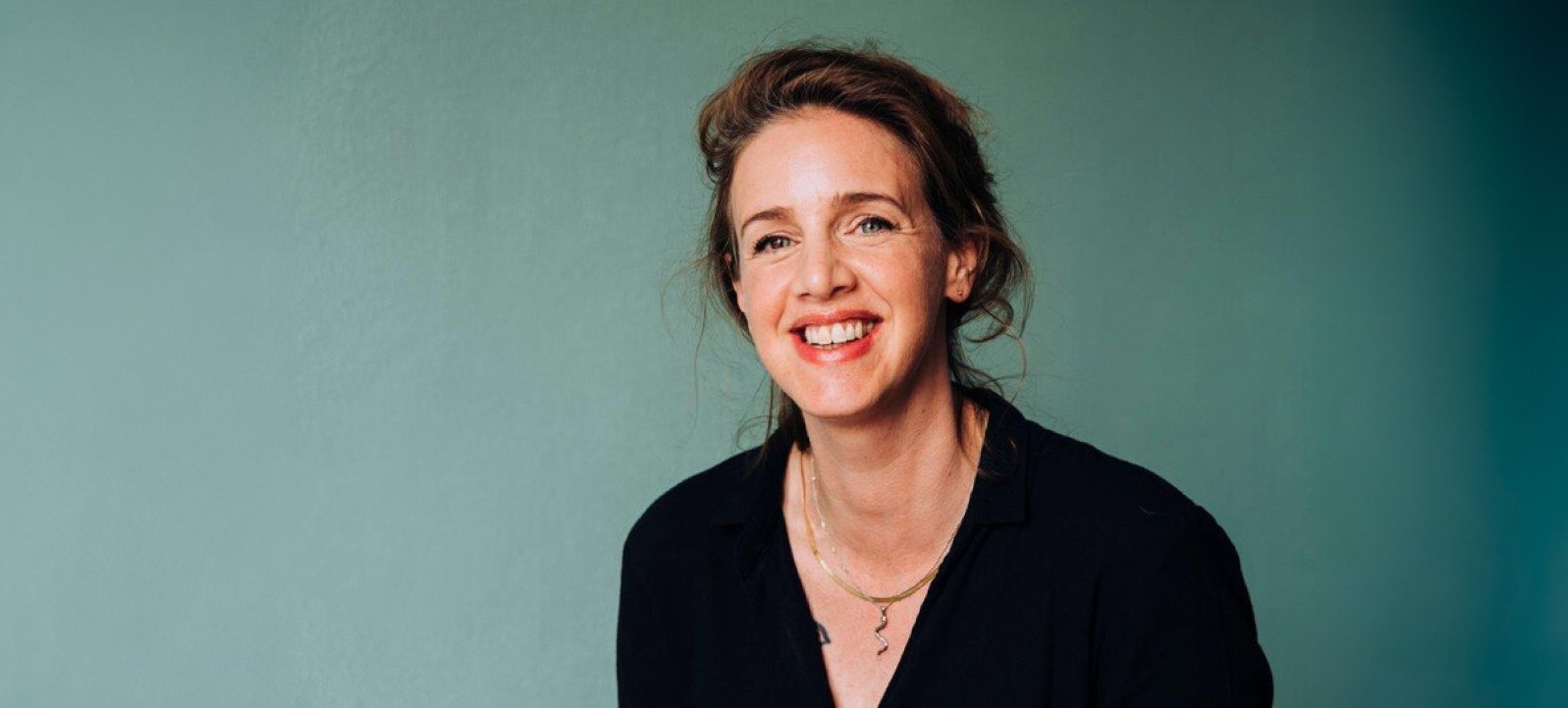Lee Pieket: “The Education in Art master's course can be truly formative”
- Education in Art
Lee Pieket has always had a soft spot for the cultural sector. After completing her bachelor's degree in Fine Art at AKI Academy for Art & Design, she built a career in the social domain. But she always felt the pull of the cultural sector. When she got the opportunity to do an assignment at Zutphen municipality’s culture department, she seized it with both hands. She decided that she really had to get back into the cultural sector and that the Education in Arts master's course would help her do so. She talks about gaining research skills, her graduation project and the formative role that the course played.

Artist’s eye
“I came to choose the course as a result of conversations I had and the urgency I felt about the fact that in the social domain, the focus was only on where people live, not on the role of culture there. It also seemed like a great research topic to me.” During the master's course, she was initially unsure of her position and role. “My fellow students included a lot of teachers. But that’s not what I was. I wondered what my position could be. But the lecturers really helped me with that during the course. And now I see that with an artist’s eye, I can offer different perspectives on issues, including in the social domain, and the government’s efforts in the fields of work, participation and self-reliance, care and youth.”
Speculative design as a tool to improve future perspectives
For her graduation project, Lee focused on young people before and after the pandemic. She noticed that young people were having difficulty imagining a future for themselves. “As a result of all the crises, many young people had developed anxiety disorders, they were no longer hopeful about the future. They no longer dared to dream. I got the young people to describe and portray possible futures via a speculative design method. For example, by making a retrospective timeline or reflecting on themselves with the help of an ageing app, they learned skills to develop various future scenarios. I now also give training for artists and teachers around the subject of improving future perspectives. Thanks to the research skills from my master's degree, I have just that bit more to offer as a trainer.”
I am a hoarder when it comes to learning: I listen to podcasts and I read a lot. If you are already a source collector, the course will really suit you and it almost won’t feel like extra work."
Doing research through art
The course is very in-depth and focuses on conducting research and gaining research skills. That was right up Lee’s street: “I am a hoarder when it comes to learning: I listen to podcasts and I read a lot. If you are already a source collector, the course will really suit you and it almost won’t feel like extra work. Searching for sources and contrary sources really becomes part of your way of doing things.” Although there is slightly less emphasis on making in the course, Lee observes you can give it your own twist. “Making can also be very research-oriented”, says Lee. And conducting ‘Arts-based research’ is a central part of the master’s course. Arts-based research is a form of research in which artistic practices and methods are used to gain insight through creative expression. Lee adds: “You are also assigned a tutor who is a good match for you in terms of discipline. So you can get feedback on your artistic process. As an independent artist, you have much less opportunity for that."
New skills
The master's course taught Lee many new skills that she uses in her daily work. “You learn so much. My writing skills have improved massively. Before, I barely had to do any writing. As an artist, my language was visual. I really developed my writing on the master's course. But you learn much more than that – About methodologies and setting up project plans for analysing and visualising data – which was also great fun to do, because you can do it in an artistic manner. And what’s very important is the critical perspective you develop: what is the crux, what is something for and where does it lead to? The philosophical aspect, ‘doing the right thing’, played an important role in that regard. You engage in dialogue with each other and with yourself. Yes, it can be really formative, even if you are a bit older, like me.”
Follow Lee
- Website of Lee's graduation project
- Student page of Lee Pieket (including inspiring video!)
About the master's course Education in Arts
With the part-time Education in Arts master’s course, you explore your position as artist/teacher from a fresh perspective and in more depth. You employ different research methods in order to investigate and answer a question from various perspectives. The practice-based, socially engaged curriculum of this master's course challenges you to bring your interests and areas of expertise together with social issues.


